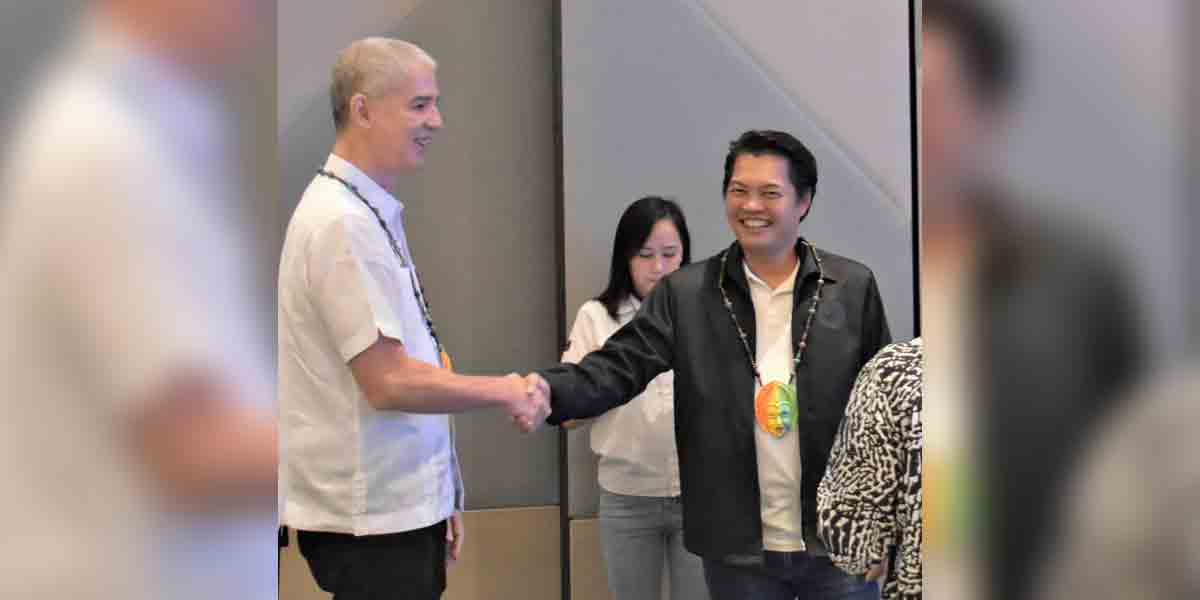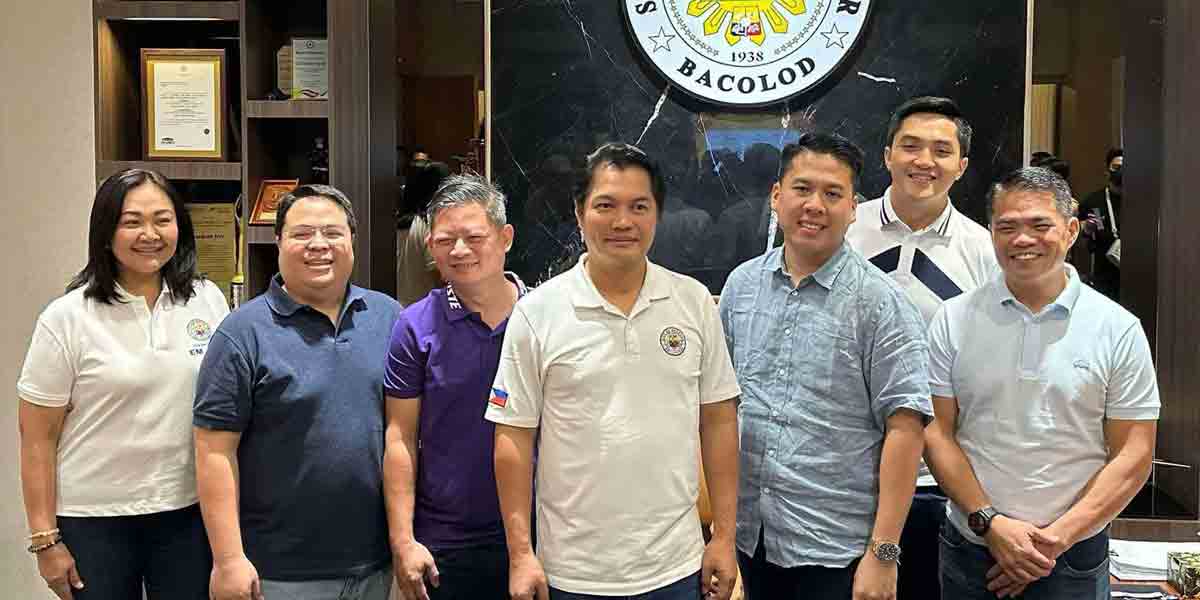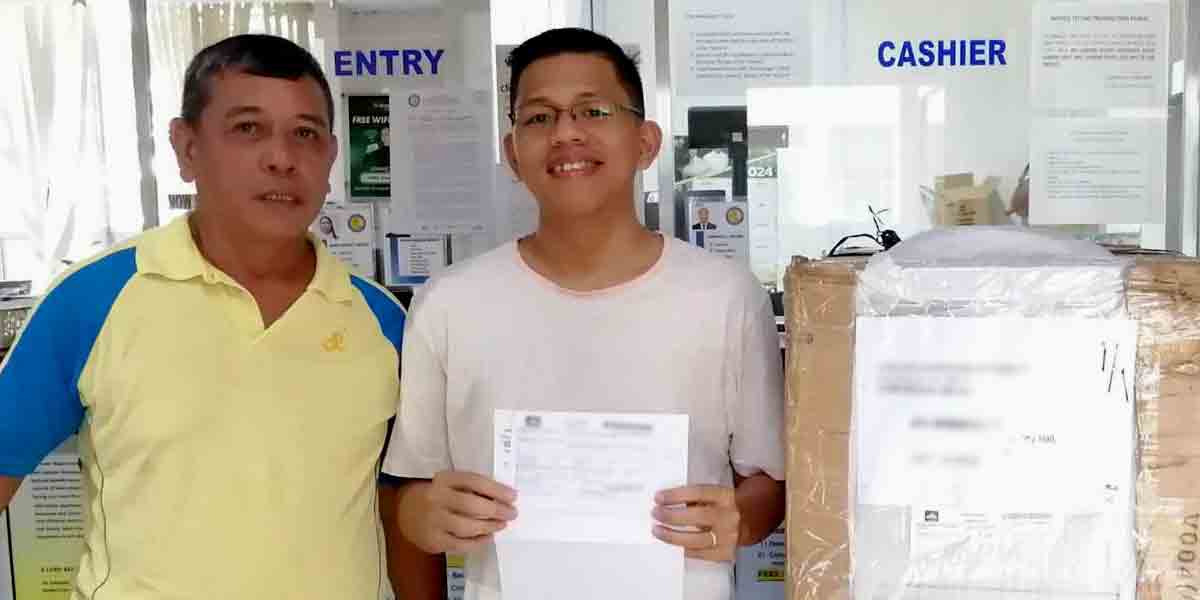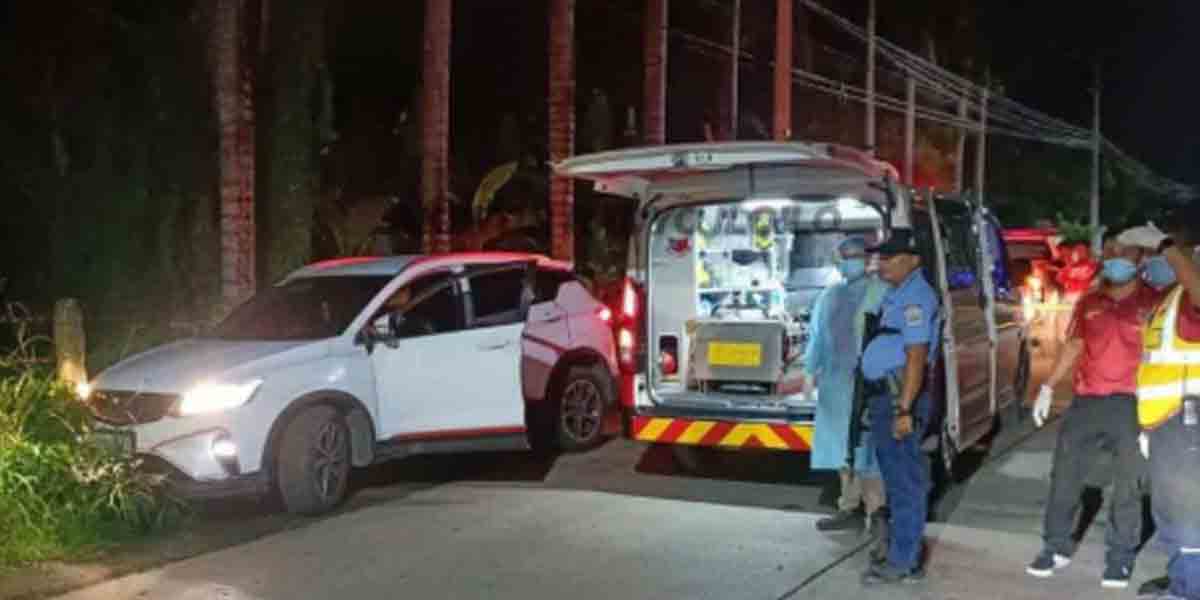The Department of Energy (DOE) expressed openness to collaborate with ASEAN countries to advance the Philippines’ nuclear energy agenda, emphasizing the importance of regional partnerships in emergency response and human resource development.
Energy Secretary Raphael Lotilla shared the proposal in an interview with Bloomberg TV, highlighting that a unified ASEAN approach could enhance the region’s ability to utilize nuclear energy safely and effectively.
The Philippines is broadening its partnerships beyond the United States following the implementation of the 123 Agreement on nuclear cooperation in July 2023.
The agreement enables the exchange of nuclear-related technologies and information between the two nations, allowing private sector engagement with American firms.
Lotilla said the country is exploring partnerships with the United Arab Emirates, Japan, and South Korea, citing their contributions to strengthening the Philippines’ nuclear program.
Japan has provided technical expertise, while agreements with the UAE and South Korea include energy sector cooperation.
The International Atomic Energy Agency (IAEA) recently commended the Philippines for its progress in developing a national nuclear energy program.
Following a Follow-Up Integrated Nuclear Infrastructure Review (INIR) Mission in December 2024, the IAEA recognized advancements in adopting a national nuclear position and addressing recommendations from a 2018 review.
Key achievements include drafting a comprehensive nuclear law, enhancing human resource capabilities, improving regulatory frameworks, and implementing measures for radiation protection, radioactive waste management, and emergency preparedness.
Lotilla credited these milestones to a unified government effort and stressed the importance of a strong legislative framework to sustain progress.
The INIR Mission findings are expected to guide the Philippines in addressing remaining gaps and establishing robust nuclear infrastructure for safe and sustainable energy use.



















